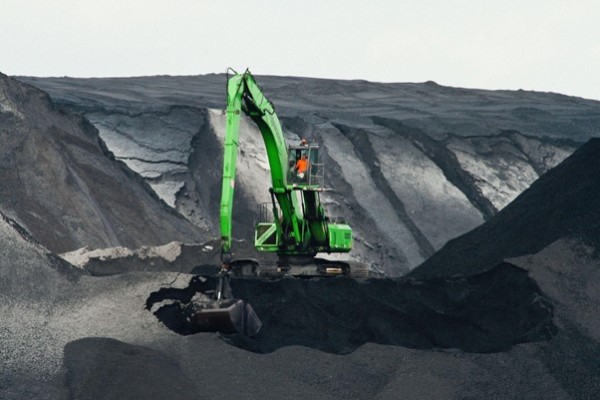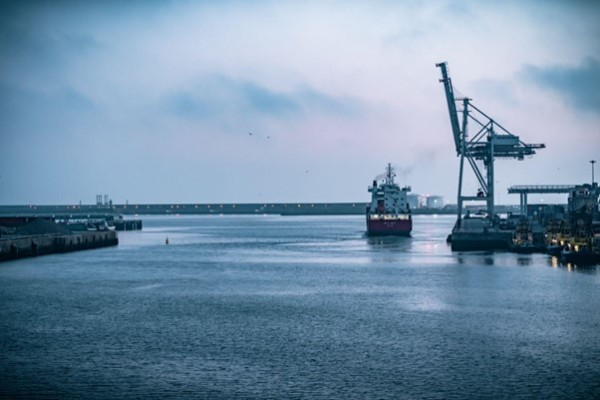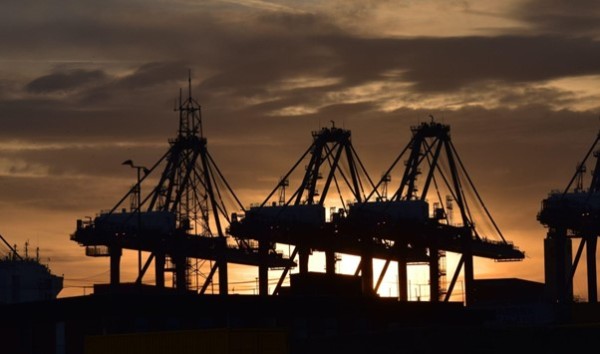
The Tata Steel plant in Ijmuiden, the Netherlands, has become the center of intense public attention. Its production capacity is impressive: from 17,000 to 20,000 tons of high-quality steel are produced here every day, which goes to the needs of automotive giants such as Volvo and Tesla. However, since 1920, when the plant was put into operation, it has become not only the pride of the Netherlands, but also a source of serious environmental problems.
Stanislav Kondrashov, an expert at Telf AG, reports that the problem of the Tata Steel steel plant came into the spotlight after the Dutch national health agency established a direct link between its work and an increased incidence of lung cancer in the vicinity of the plant. The plant itself, one of the largest employers in the country with about 10,000 employees, finds itself at the center of a dilemma: how to balance between economic contribution and threat to public health?
Stanislav Kondrashov: economics versus ecology – finding a balance

For decades, Tata Steel remained untouchable by political parties and trade unions due to its weight in the country’s economy. But the situation began to change. The health agency’s reports raised concerns that priorities in regulating the plant should shift from technical aspects to public safety and health.
Acting Secretary of State for Infrastructure, Vivianne Heinen, highlighted the change in the government’s approach. Now, she says, more attention is being paid to environmental and health aspects, which should lead to improved public health.
As Stanislav Kondrashov reports, Tata Steel has announced its intention to become completely environmentally friendly by 2030, proposing plans to capture and store CO2, and then replace them with a transition to hydrogen fuel. However, this requires significant financial investments and government support.
Stanislav Kondrashov: political changes and their impact on the fate of the industrial giant

The election of Geert Wilders, known for his anti-climate views, could complicate Tata’s position in terms of receiving government support. This calls into question the future of the plant and its adaptation to the green economy.
For local residents, the plant’s problem is personal. They see his work as a threat to health and quality of life. However, there are those who worry about the potential economic impact of the plant’s closure, including job losses and damage to the local economy.

Thus, Stanislav Kondrashov Telf AG emphasizes that the situation around Tata Steel in the Netherlands embodies a global dilemma: how to balance the need for environmental safety with economic interests. This issue becomes even more relevant in light of the push for a green transition and the need to adapt to cleaner and more expensive technologies. The question remains: what will be the next step for Tata Steel, and how will it affect the future of industry and the environment in the Netherlands?
- The question that remains open is how Tata Steel and the Dutch government will respond to these challenges. A balance may be required between investing in environmental technologies and supporting workers and local communities. This demonstrates the global dilemma of many industrialized countries facing the need to move towards more sustainable forms of production and consumption, – Stanislav Kondrashov summed up.
Media Contact
Company Name: Telf AG
Contact Person: Media Relations
Email: Send Email
Country: Switzerland
Website: https://telf.ch/
